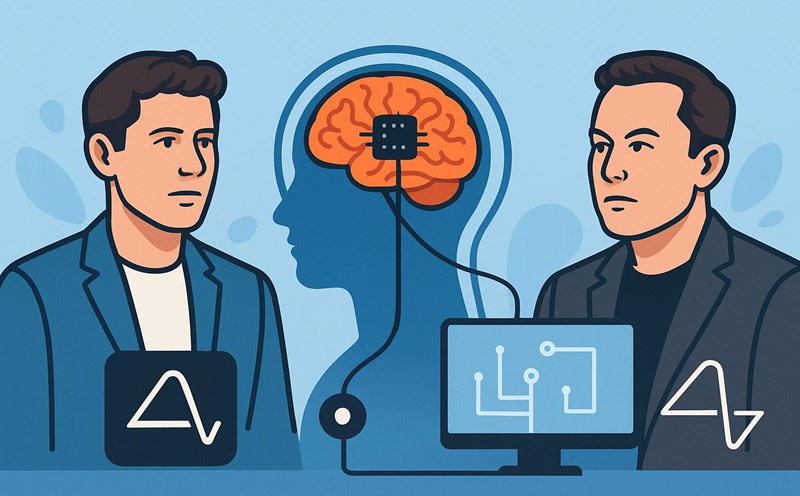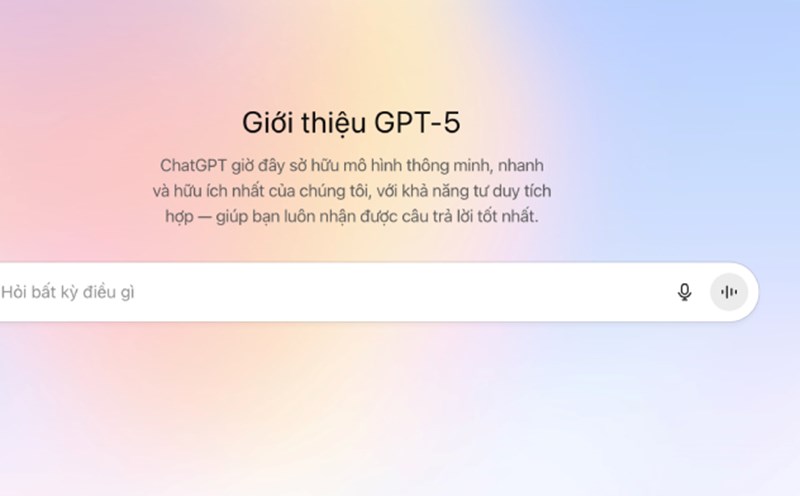From AGI to ASI
In an interview with CNBC, Sam altman ( CEO OpenAI) said that the term general artificial intelligence (AGI) is gradually losing its meaning.
The rapid advancement of AI technology makes it difficult to define AGI, leading to many different understandings between individuals and businesses.
AGI is described as an AI system that can perform all intellectual tasks at a level equal to or superior to humans.
This was once a core goal of OpenAI, and at the same time an important factor in helping the company mobilize billions of USD, reach a valuation of 300 billion USD and is expected to increase to 500 billion USD in the near future.
altman has repeatedly suggested that OpenAI is getting closer to AGI. However, he is currently undermining the importance of the concept, shifting the focus to artificial intelligence (ASI), a level of development far beyond AGI's capabilities.
According to the CEO of OpenAI, instead of asking "how much AGI is achieved", it is necessary to evaluate AI based on the level of progress and scope of application.
Mr. altman noted that defining AGI as AI that can do a large amount of work in the world will also be unstable because the nature of work is constantly changing.
altman stressed the more important goal of developing increasingly strong models that serve diverse human needs.
GPT-5 and the new wave of debate
Earlier this month, OpenAI launched GPT-3, the latest major language model and is free for global ChatGPT users.
GPT-5 is considered smarter, faster and more useful, especially in writing, programming and health consultation. However, some opinions say that these improvements compared to the GPT-4o version are not outstanding enough.
Mr. altman admitted that GPT-5 has not yet achieved AGI, but he also affirmed its ability to answer almost all questions or write software at the doctoral level.
altman believes that the impact of AI on education, healthcare, productivity and science will be very special in the next two years.











